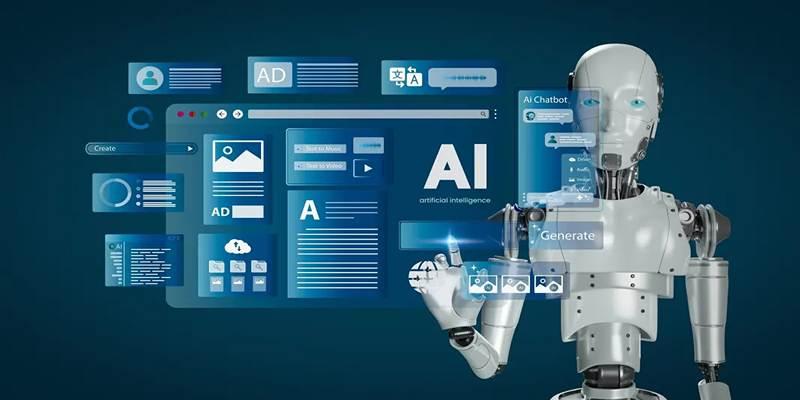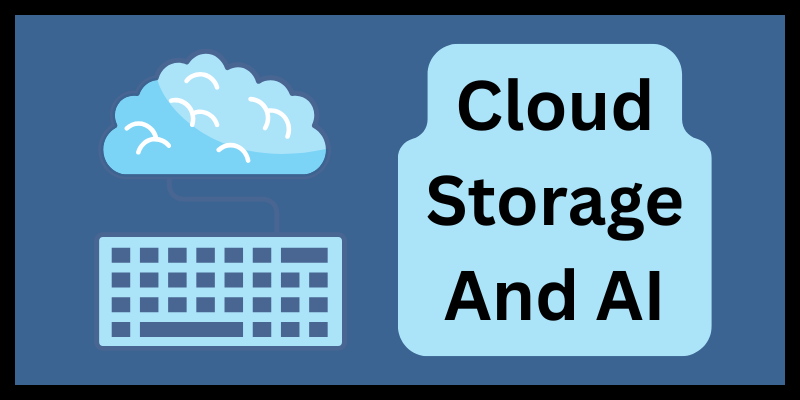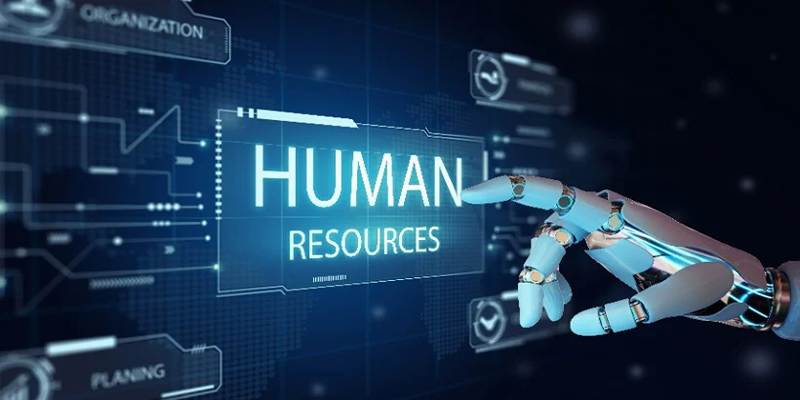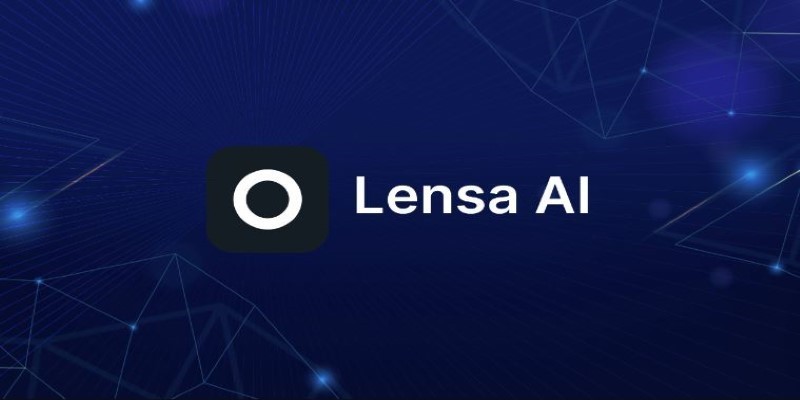In the past few years, artificial intelligence has come a long way, especially in the area of how people and computers communicate. The way robot technology has changed over time is a great example of this change. In the past, AI agents were just simple bots that were designed to respond to pre-written messages. Now, you have strategic AI agents that understand, learn, and act. The way businesses work is changing because of AI bots. This post talks about the change from early robots to today's advanced AI-powered systems and why it's such an important change.
The First Generation: Rule-Based Chatbots
In the early 2000s, chatbots were built to serve basic customer service roles. These rule-based bots could respond only to specific phrases or keywords. Their abilities were limited to answering frequently asked questions, such as store hours, return policies, or account information. These early systems could not understand user intent or context. They operated within a narrow range of possibilities and often left users frustrated if the input fell outside expected patterns.
Features of Rule-Based Chatbots:
- Operated on “if-this-then-that” logic
- Predefined scripts and decision trees
- No learning from user interactions
- Limited to specific, predictable tasks
Although useful at the time, they were far from intelligent. They provided a quicker way to get answers without speaking to a human but offered no flexibility or adaptability.
The Shift Toward Conversational AI

As technology improved, a new generation of tools emerged known as conversational AI. These systems used Natural Language Processing (NLP) and Machine Learning (ML) to understand and generate human-like responses.
Unlike rule-based bots, conversational AI tools could interpret user intent, understand sentence structure, and even manage short conversations across various topics. They could also improve over time by learning from each interaction.
Key Advancements:
- Better understanding of natural language
- Ability to handle more complex queries
- Context retention within a conversation
- Integration with voice assistants and messaging apps
Tools like Siri, Google Assistant, and Alexa became popular examples of this technology. In business, platforms like Zendesk, Intercom, and Drift introduced AI-powered chat systems that could answer, route, and even close support tickets without human input.
The Modern Era: Strategic AI Agents
The most recent development in this evolution is the rise of strategic AI agents. These systems go far beyond conversation—they act as digital workers that can reason, plan, and take meaningful actions based on user behavior, goals, or real-time data.
Strategic AI agents are often trained on massive datasets and can operate across multiple business functions, such as marketing, finance, logistics, and customer service. They do not just assist—they execute.
Strategic Capabilities of AI Agents:
- Understand long-term goals and objectives
- Automate multi-step tasks
- Pull insights from structured and unstructured data
- Offer real-time, personalized decision-making
- Connect with multiple tools and systems seamlessly
These agents are also capable of adapting to individual users, learning preferences over time, and optimizing performance without needing manual updates.
Why Businesses Are Embracing AI Agents
More companies are investing in AI agents because they offer more than just customer support. These agents are designed to improve business performance by combining automation with decision-making.
Benefits for Organizations:
- Efficiency: Reduces time spent on manual or repetitive tasks
- Scalability: Can handle high volumes without hiring more staff
- Cost Savings: Cuts down on support and operations costs
- Data Utilization: Extracts insights from massive datasets
- Personalization: Offers tailored experiences to each customer
Companies in industries like healthcare, banking, logistics, and retail are adopting AI agents to streamline operations and improve service delivery.
Use Cases Across Different Industries
Strategic AI agents are not limited to one sector. They are being used across industries in very practical ways.
Retail and E-Commerce
Retailers use AI agents to recommend products, assist in shopping, and automate inventory tracking.
Healthcare
Hospitals are using AI agents to schedule appointments, answer patient questions, and even assist in diagnosis by analyzing symptoms and reports.
Human Resources
HR departments leverage AI agents to screen resumes, schedule interviews, and guide new employees through onboarding processes.
Finance
In finance, AI agents are used to detecting fraud, analyze spending habits, and provide investment advice based on user behavior. Each use case reflects a different level of impact—from basic automation to complex strategic support.
The Role of Generative AI in Strategic Agents

Generative AI, like ChatGPT and other large language models, is playing a major role in shaping next-gen AI agents. These tools go beyond answering queries—they generate original content, such as emails, summaries, marketing copy, and even code.
This creative capability gives AI agents the power to:
- Compose personalized communications
- Write reports or proposals
- Create engaging content for social media or websites
- Interpret and summarize data
By combining creativity with automation, businesses can significantly increase productivity and reduce time-to-value.
Challenges in Deploying Strategic AI Agents
Despite the benefits, there are still challenges to consider:
- Data Bias: AI decisions are only as fair as the data they’re trained on
- Security Concerns: AI agents often access sensitive information
- Integration Complexity: Adding AI to legacy systems can be tricky
- Dependence on Accuracy: Errors can have serious consequences in critical sectors
Organizations must approach AI adoption with a strong focus on ethics, testing, and ongoing monitoring.
Conclusion
The evolution from simple chatbots to strategic AI agents reflects the rapid advancement of artificial intelligence in business environments. While early bots were limited to basic interactions, modern AI agents now understand context, make decisions, and automate complex tasks. This transformation is helping companies improve efficiency, reduce costs, and deliver better customer experiences. By integrating with various systems, these agents serve as intelligent digital collaborators rather than just support tools. Their ability to learn and adapt makes them valuable across different industries.











